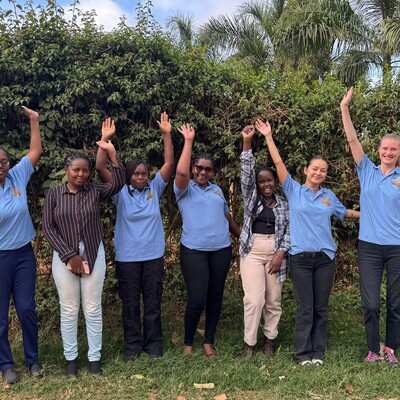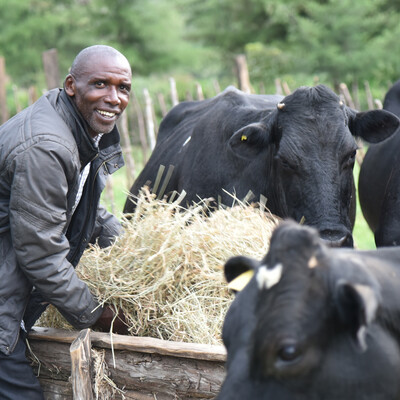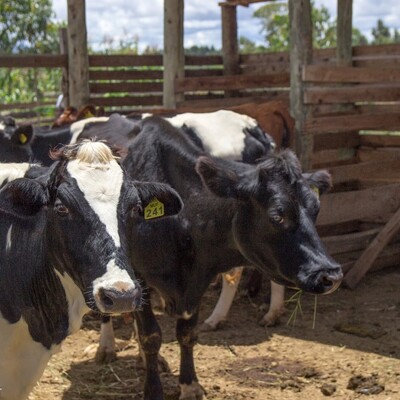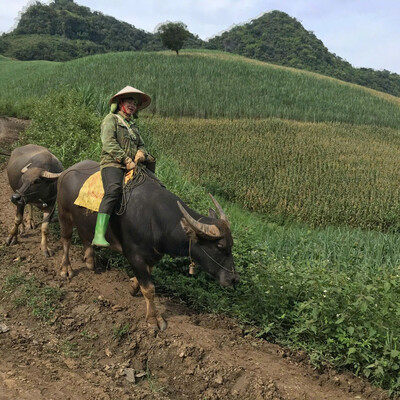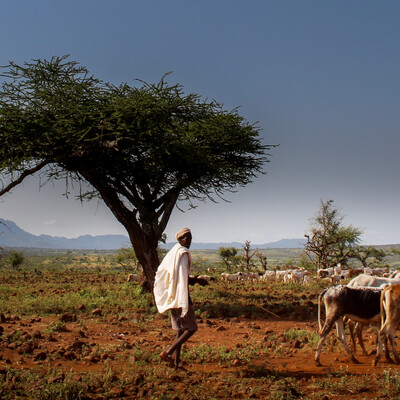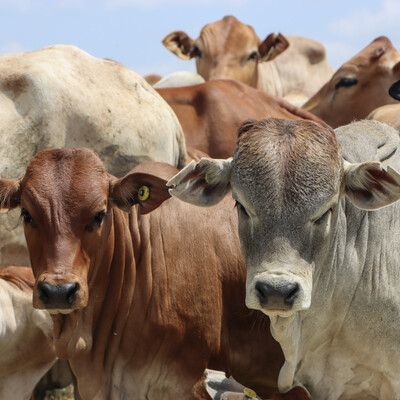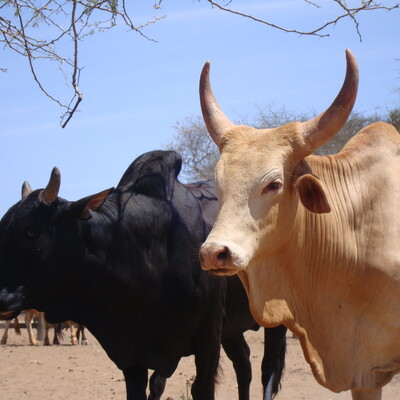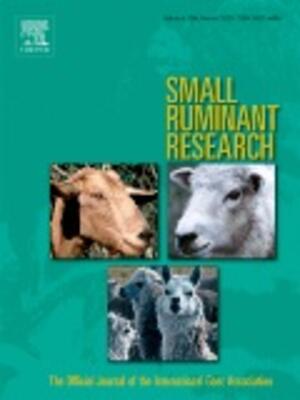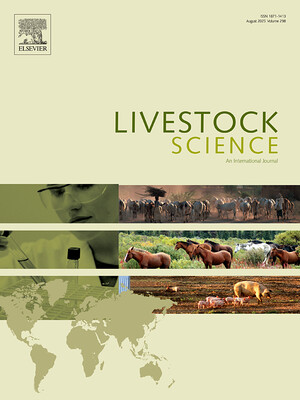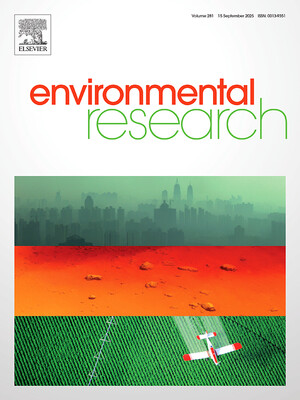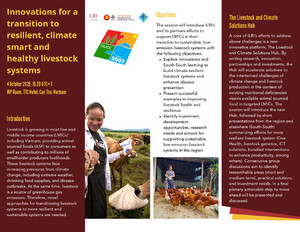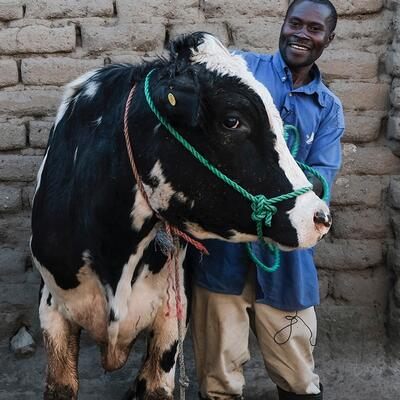
How a trailblazing program shaped the integration of climate and livestock agendas
The Programme for Climate-Smart Livestock (PCSL) 2018-2022 was a pioneering project that integrated climate change livestock adaptation and mitigation efforts into a single program.
Funded by Germany's BMZ through GIZ and co-implemented by the International Livestock Research Institute and the World Bank, PCSL demonstrated the effectiveness of adaptation technologies in improving livestock systems in Africa. These advancements have led to increased income, better nutrition and reduced greenhouse gas emissions.
PCSL addressed climate change challenges at various stakeholder levels, examining gender disparities in access to adaptation opportunities, harnessing farmer-led innovations and co-developing national platforms to address livestock and climate issues. The program's findings have been integrated into the designs of programs, influencing donor investments in livestock adaptation and mitigation priorities.
'This was the first project of its kind to focus on the livestock sector under the climate action agenda,' said Iain Wright, deputy director general of the International Livestock Research Institute (ILRI). 'The success of the program created opportunities for validating interventions that can be scaled through future global investments.'
Packaging lessons and insights
To capture the valuable research outcomes, a core team from ILRI and GIZ produced a collection of knowledge briefs that detail the valuable lessons and insights from the PCSL project. These briefs, which are available free for download, provide valuable guidance and resources for stakeholders interested in implementing climate-smart livestock practices.
- Climate change adaptation and mitigation in extensive livestock systems in East Africa
- Measuring greenhouse gas emissions and tracking adaptation to climate change in Africa’s livestock sector
- Climate change adaptation and mitigation in mixed livestock systems in East Africa
GIZ's Charlotte Haeusler reported that the program had influenced the World Bank to integrate climate-smart livestock approaches into their investment programs and support the scaling of these practices. Holger Kray, World Bank practice manager for agriculture and food security, emphasized the crucial role of livestock in building resilience and mitigating greenhouse gas emissions, highlighting the numerous development opportunities presented by incorporating livestock into climate-smart agricultural practices.
Project impacts
PCSL has played a critical role in identifying, piloting and validating climate-smart livestock practices that support East African communities in adapting to climate change. Notably, emissions data collected for Kenya's dairy sector has made the country eligible for climate financing, supporting its reduction and adaptation commitments under the Paris Agreement.
Other notable project milestones include the development of protocols for calculating methane emissions and the design of livestock greenhouse gas tracking tools. Moreover, the project initiated the design of a tracking tool to monitor the progress of livestock adaptation initiatives in East African countries. These advancements offer valuable insights for addressing climate challenges in the livestock sector.
While celebrating these successes, researchers emphasize the importance of sustained science-policy engagement. They stress the need for collaborative efforts with farmers who are already adapting to a changing climate to co-develop practices that are tailored to local needs and realities (see video above). This farmer-centric approach ensures the effective implementation of climate-smart livestock strategies.
PCSL's accomplishments laid the foundation for a more resilient and sustainable livestock industry, contributing to climate change mitigation and adaptation efforts in East Africa and beyond. Research under PCSL has been built into the CGIAR Initiative on Livestock and Climate, with ongoing support from BMZ.
Read more about the project:
- Programme for Climate Smart Livestock project link
- A new project is launched to support climate-smart livestock strategies and investments in East Africa (Mar 2019)
- Program to support climate-smart livestock systems launched in Ethiopia (April 2019)
- New program to enhance climate-smart livestock systems launched in Uganda (May 2019)
- Climate-smart livestock systems program kicks off in Kenya’s pastoral rangelands (March 2020)






